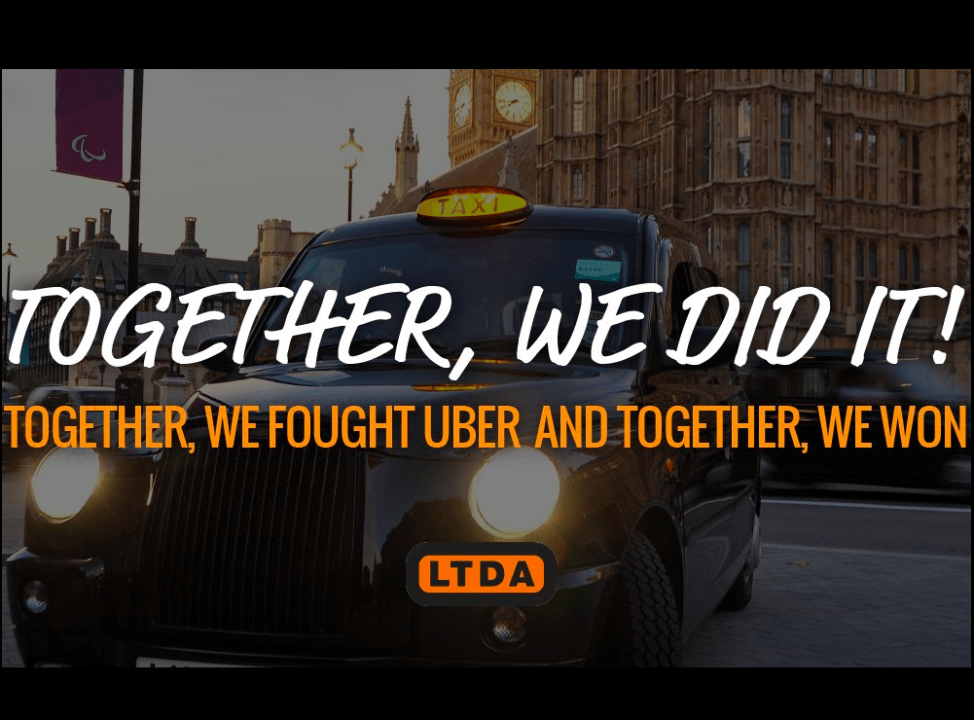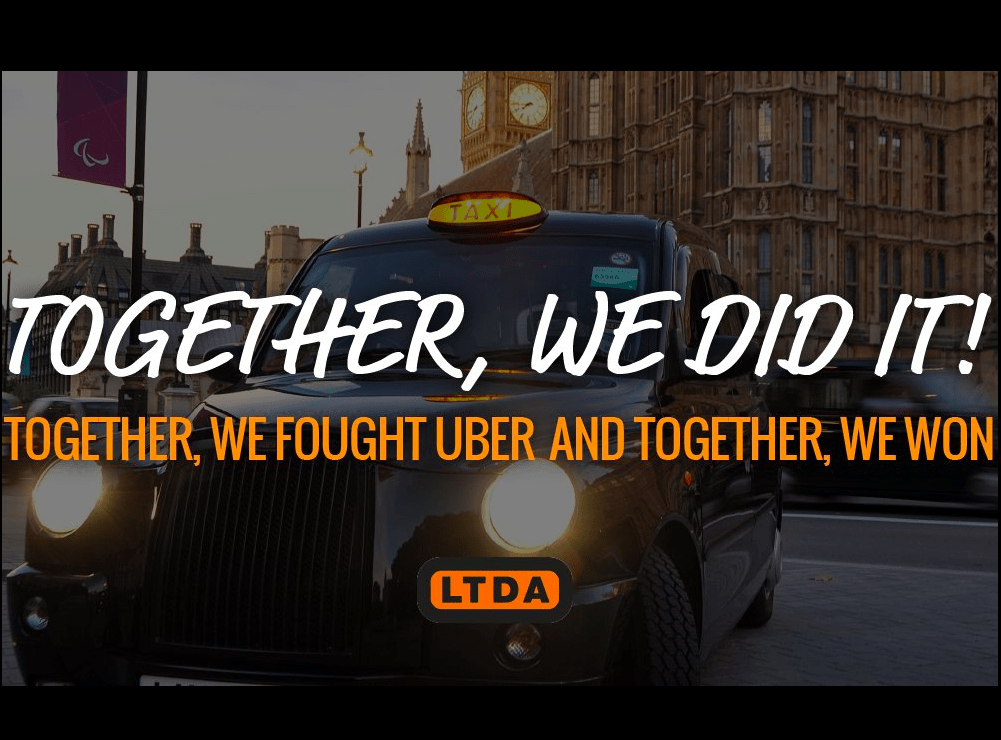Eight days. That’s how long you have left to enjoy Uber if you live in the capital. Transport for London, a body that should really replace ‘for’ with ‘against’, says it will not renew Uber’s operating licence when it expires on September 30.
It’s a victory for the cabbie lobby, which cannot match the private hire app on price or convenience. How much easier to hector government into shutting down the competition. It’s a win, too, for fans of over-regulation, who have been out to get Uber for some time now. They are aficionados of rigidity and Uber was frustratingly fluid, its business model less susceptible to the impositions dreamed up by restive bureaucrats.
Handing down its decree on Friday, TfL declared:
‘Private hire operators must meet rigorous regulations, and demonstrate to TfL that they do so, in order to operate. TfL must also be satisfied that an operator is fit and proper to hold a licence. TfL has concluded that Uber London Limited is not fit and proper to hold a private hire operator licence. TfL considers that Uber’s approach and conduct demonstrate a lack of corporate responsibility in relation to a number of issues which have potential public safety and security implications.’
These issues include Uber’s reporting process when it comes to crime, its approach to enhanced disclosure and medical certification and the use of Greyball, software, TFL says, that can be used to deny regulators access to the app – potentially impeding them.
Safety is the rationale given by TfL and it is not the first to raise the issue. Uber drivers were accused of 32 sexual assaults on passengers in 2015/16 and the Metropolitan Police has alleged that the California-based enterprise fails to report some sex offences. For its part, Uber says it works with the Met but insists it is for individuals to report allegations to the police, rather than the company.
There is no acceptable level of crime, especially crimes of male sexual violence against women, and Uber should reflect long and hard on whether it is doing enough to protect its passengers. A silent panic alarm allows users of the app in India and South Africa to report crimes in progress and the same technology should be rolled out in other countries. But far from being exceptionally dangerous, Uber is actually safer than taking a taxi. In 2015, 126 London minicab and taxi drivers were charged with violent or sexual offences — a number that rockets to 521 if you look back over the past five years.
Uber is arguably singled out because its business model frightens its competitors and conservative-minded regulators. This unseemly mixture of self-interest and statism may have won the battle to drive Uber out of London but it is a pitiful howl against a changing economy that will continue changing regardless. Before the last Uber driver can log off, a new service will have moved in or a new app been designed to give Londoners the choice this decision denies them.
In the meantime, it is the poor who will suffer, including the low-paid workers who take an Uber to Windsor House every morning to clean the offices of those who have made this decision. Now they will have to pay more for a black cab, or get up earlier and lose more sleep to take public transport. Still, their betters know what’s best for them.
As those doughty defenders of liberty at the Adam Smith Institute object:
‘TfL’s decision to revoke Uber’s license is a disaster for Londoners. They are choosing to punish the 3.5 million Londoners who regularly use Uber just because it’s cheaper, it’s safer, and it’s quicker. This decision jeopardises the livelihoods of 40,000 drivers who choose to use the app because it gives them valuable flexibility.’
This captures the appalling scale of today’s decision. An entire industry is being shut down and tens of thousands of people put out of work. A lobby that predominantly represents white British men has succeeded in putting a service populated by immigrants and ethnic minorities in their place. (For more on the ugly racial undertones of anti-Uber campaigns, see here.) It is a curious progressive who would celebrate such a thing, and yet TfL’s announcement will gladden many a heart on the authoritarian left. There will be no plaintive cries of ‘Solidarity Forever’ with a workforce facing the dole queue. No lectures will be delivered on the importance of diversity in the private transport sector. You see, they’re the wrong kind of workers.
London cannot pride itself on openness and vibrancy while pandering to advocates of the status quo and the 21st century closed shop. TfL has done nothing to improve transport provision or passenger safety today. It has made London a costlier, less safe city to travel in.








Comments